Have a question?

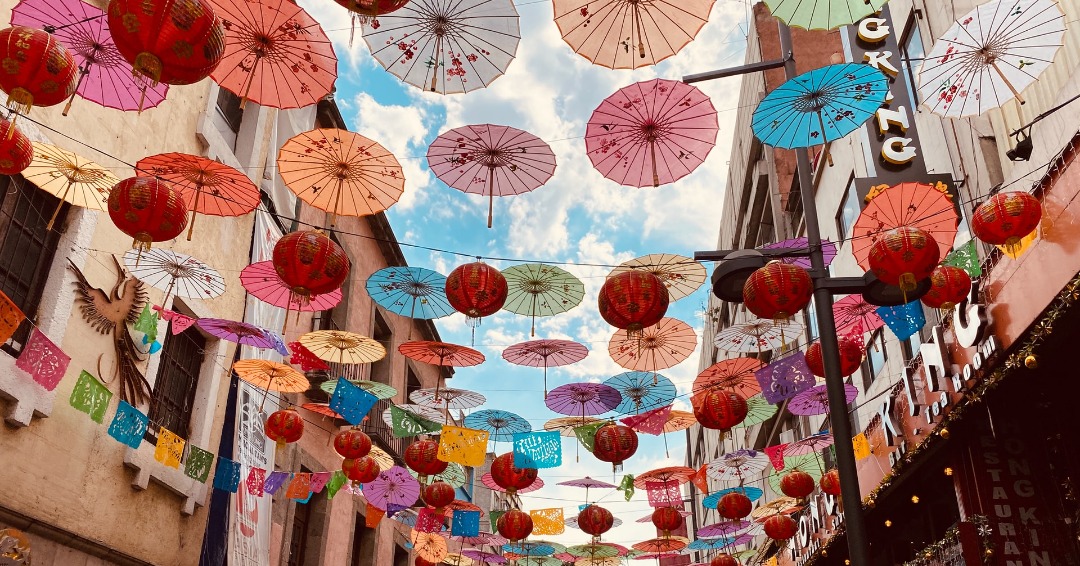
Updated September 17, 2023
You'll never run out of places to visit in Mexico City. This vibrant, bustling metropolis contains everything from ancient ruins to sparkling skyscrapers. It's easy to get overwhelmed, which is why we asked some Mexico City locals for their advice.
With their help, we created this guide to the 25 best places to visit in Mexico City.
No one knows a place like the people who live there. Work with Project Expedition to build your Mexico City trip.
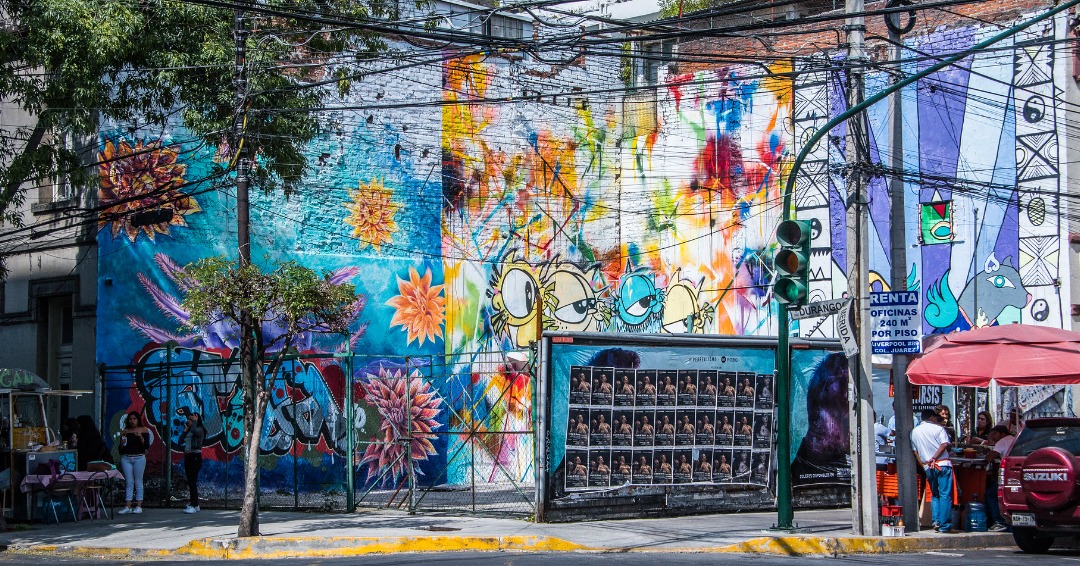
Locals tell us that the adjacent Roma and Condesa neighborhoods are a definite must-visit in Mexico City. Here, travelers will find a wealth of bars, restaurants, and charming shops. Even walking around is delightful! Roma and Condesa are full of incredible Art Deco mansions.
Both neighborhoods are well-loved by locals and visitors alike, which means taking advantage of local advice is a good way to avoid the more touristy areas. Our local trip planners in Mexico City suggest exploring Condesa's gloriously green Parque Mexico and checking out the street food at the Chilpancingo metro stop.
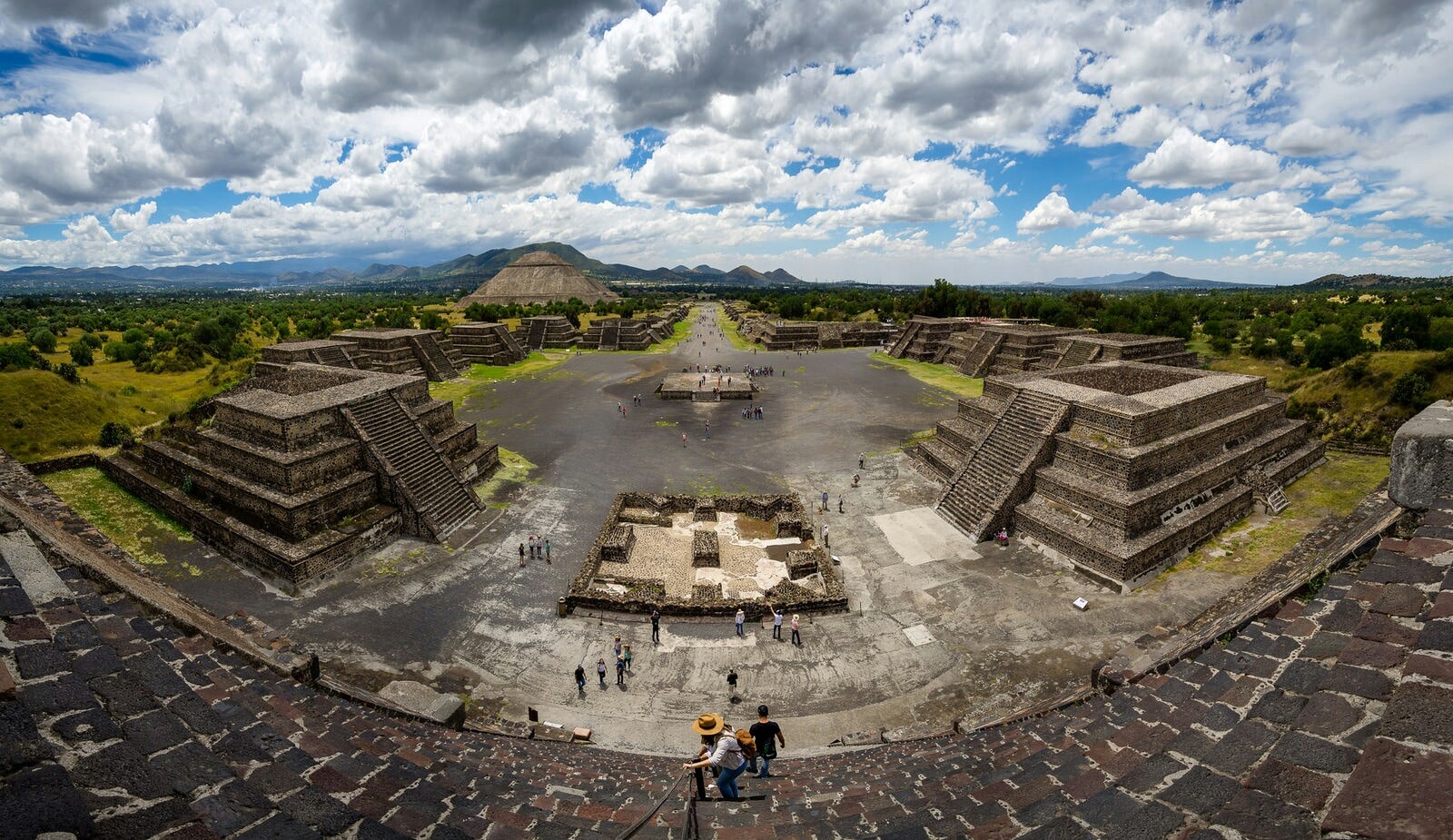
The ancient Mayans built the Teotihuacan pyramids nearly 2,000 years ago—and they're just as stunning today as they were back then. Although this site is a bit outside of town, the trip there is definitely worth it.
Locals tell us that the site is more than just pyramids. It's an entire ancient city lost in time. Check out what remains of this amazing civilization, including The Pyramid of the Sun, The Temple of Quetzalcoatl, and the eerily named “Avenue of the Dead.” Climb the pyramids, wander the jungle looking for artifacts, or simply meander the site in wonder.
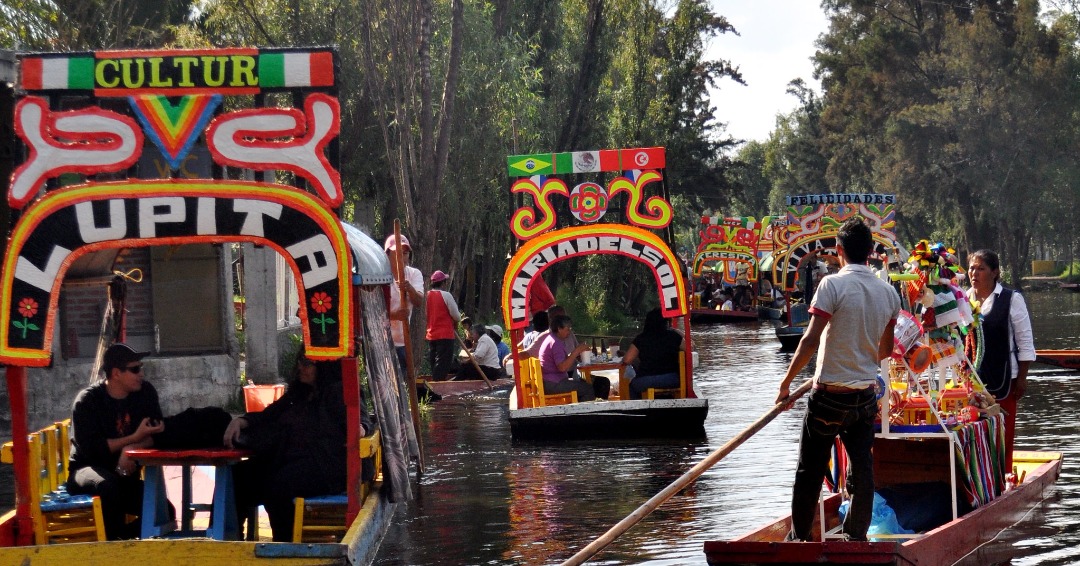
Mexico City's Xochimilco neighborhood is a gorgeous network of wide canals and ancient, man-made floating islands. Though the Aztecs built these islands to grow crops, today they're used as massive, floating flower gardens.
This stunning site can be enjoyed via trajineras, adorable, colorful riverboats that take visitors through the waters.
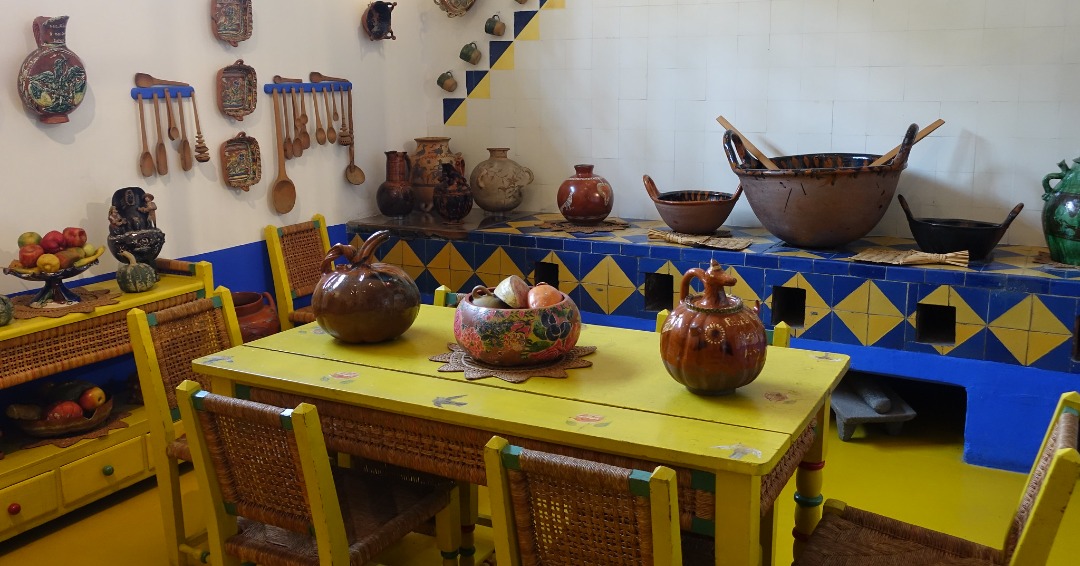
Mexico City is filled with incredible museums (more than 150!) and Museo Frida Kahlo is among the most popular. Located in the quiet Coyoacan neighborhood, visitors can learn about Kahlo’s life and enjoy her art, ensconced in the “blue house” that she called home.
If you're a fan of Frida's art or want to immerse yourself in her world, this is definitely one of the best museums to visit in Mexico City.
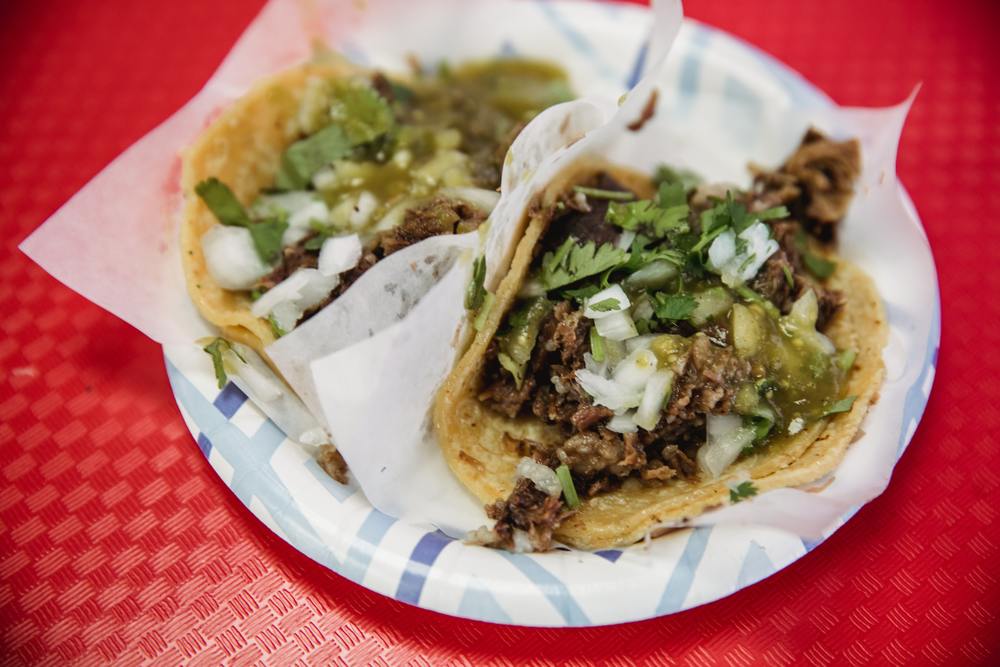
Locals tell us that El Parnita is a cute little lunch joint that offers great Mexican fare — from tacos to tortas and beyond.
Tucked into the Roma neighborhood, El Parnita is often called "Mexico City's Favorite Taqueria". Accordingly, the place gets PACKED.
Our advice: Put a meal at El Parnita on your itinerary for when you're already in the neighborhood. That way, if it's too packed, you can keep exploring while the crowds calm down.
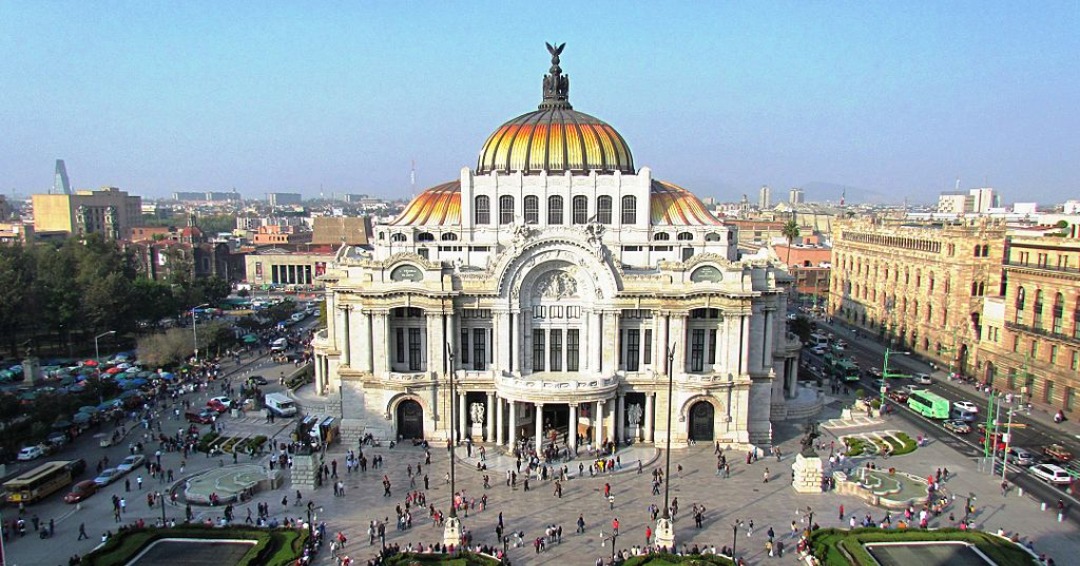
El Palacio de Bellas Artes (The Palace of Fine Arts) is more than just a beautiful face—though it does have a gorgeous face.
This fantastic Mexico City landmark can do it all. Locals tell us that visitors can explore the Museum of Architecture on the top floor, attend classical music performances in its fabled concert hall, take in the amazing Diego Rivera murals in the lobby, check out the museum's extensive collection of 19th- ad 20th-century Mexican art, and ogle at the incredible Tiffany glass “curtain” in the theater.
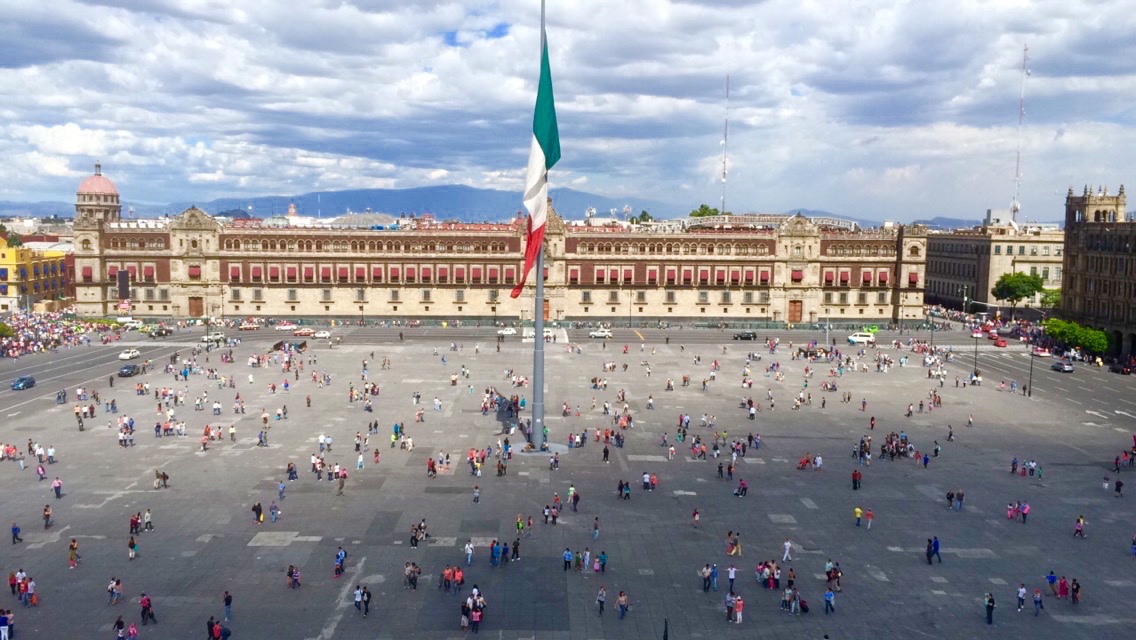
If you don’t want to miss out on the latest celebration, demonstration, big event, you name it, then locals recommend making a beeline for the Zocalo, Mexico City’s enormous public square (also known as Plaza de la Constitucion).
Even on a “quiet” day, the square is packed with people, dancers, and street musicians. Plus, it’s a great starting point since a lot of Mexico City’s sites encircle the Zocalo.
It can be a little overwhelming — there's so much to see! And do! And eat!
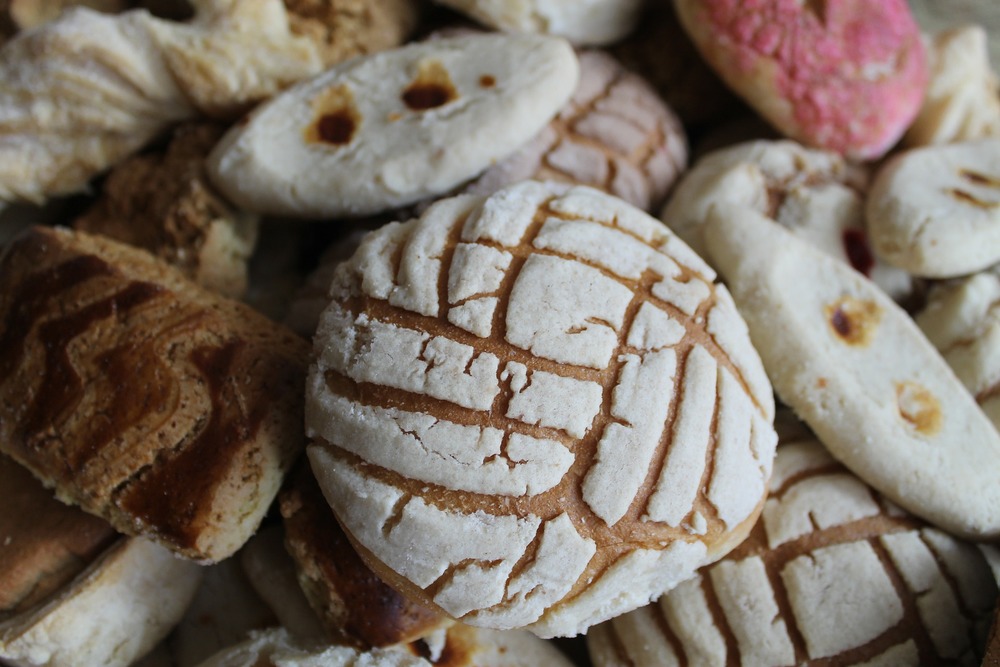
Voyagers take heed: snacking is an important part of any trip. And locals tell us that Pasteleria Ideal has everything you could possibly want in that department, including a second floor where you can admire their elaborate, tiered wedding cakes.
This pastry shop is known as the best one in Mexico City, so make sure to stop by for some authentic sweets!
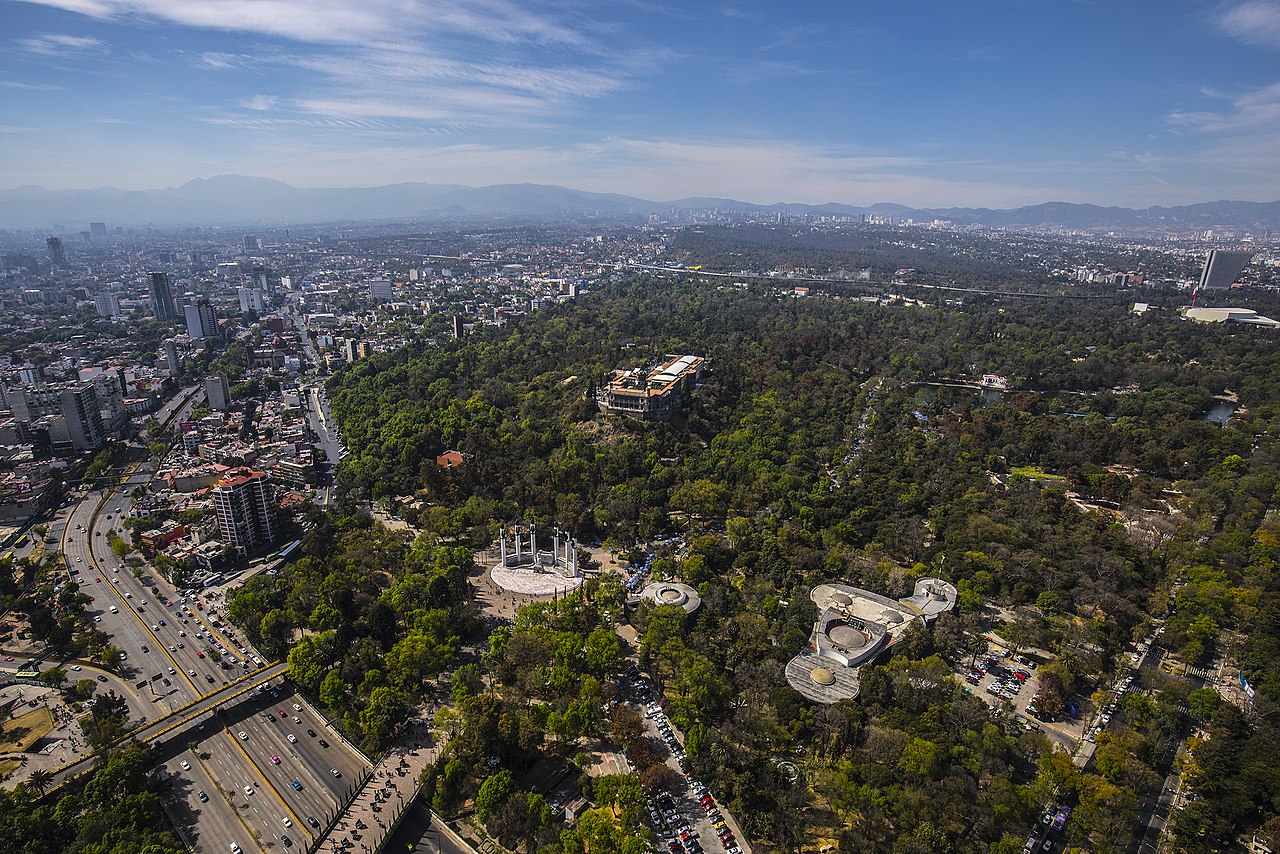
Beautiful and green, Chapultepec Park spans nearly 1700 acres. But it offers much, much more than a respite from city life. Locals tell us that every corner of this green oasis is filled with stuff to do, whether that's walking trails, visiting museums, or taking a boat on a lake.
Visitors to Chapultepec will also find an actual *castle*, botanical gardens, and an amusement park. In case you weren’t already impressed.
Local tip: Once a month, locals organize a massive evening picnic in Chapultepec's forests.
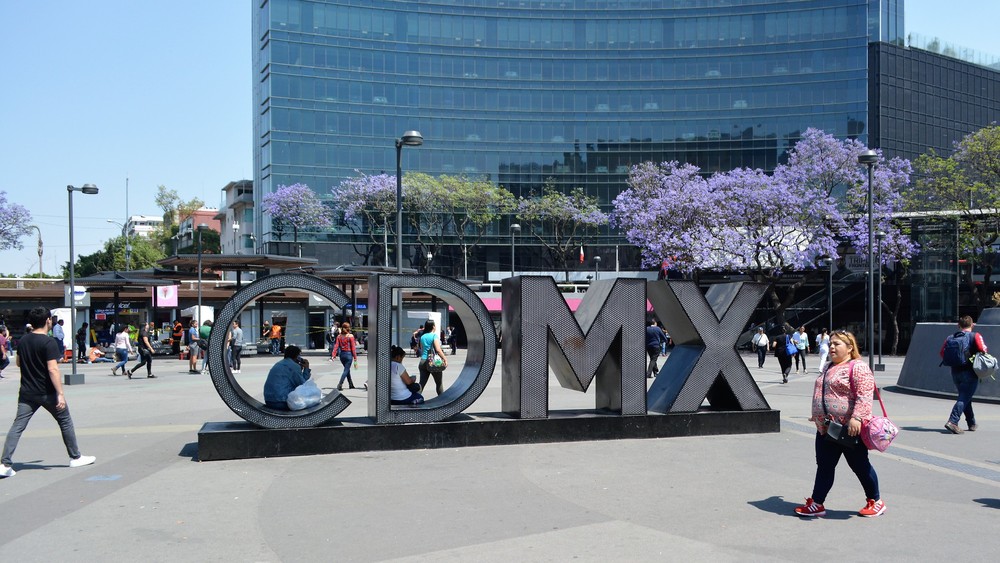
This once-grand neighborhood of Mexico City has seen better days, but Juarez in the midst of a huge bohemian revival.
Today, its Zona Rosa section is considered one of the best places for nightlife in Mexico City, as well as the city’s LGBT capital. Plus, the street food around here is incredible. Locals suggest seeking out quesadillas and pambazos (sandwiches dipped in salsa and then grilled).
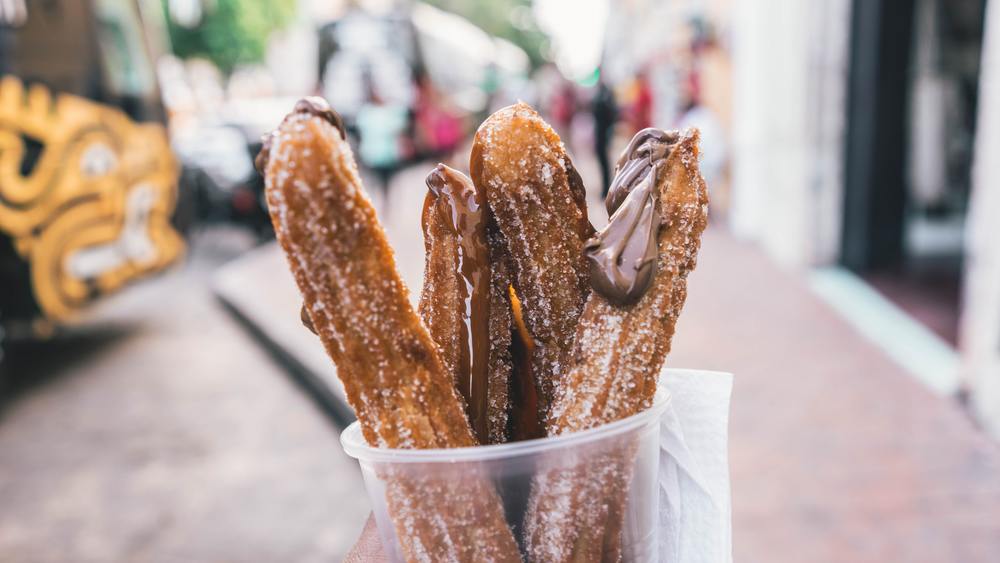
Let's talk churros. They're delicious, they're sweet, they're crispy, and in Mexico City, they're dipped in mugs of thick, spiced hot chocolate. If you want authentic Mexican churro goodness, El Murro is the place to go.
This iconic churro shop is one of the city’s favorite spots for a hot, fresh churro and a cup of hot chocolate. Best part? El Murro is open twenty-four hours (so it's perfect for a late-night snack after a few tequilas).
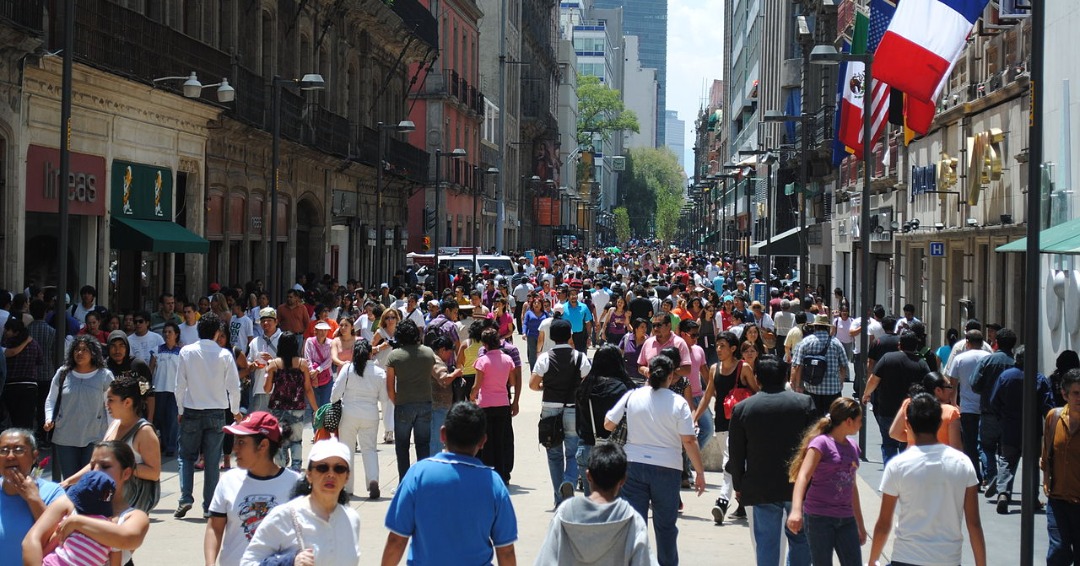
Mexico City’s historic center (aka Centro Historico) is packed with museums, Spanish colonial buildings, and iconic sights like the Metropolitan Cathedral and the Aztec Templo Mayor.
With so many amazing things to see—not to mention the amazing Alameda Central Park just next door—it’s easy to spend an afternoon wandering through history here.
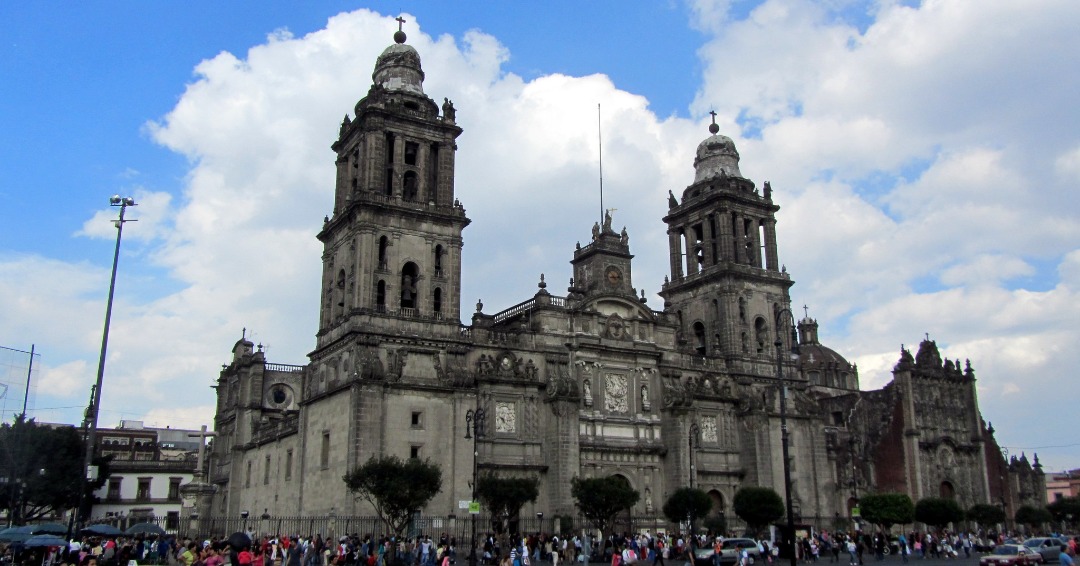
This enormous cathedral borders the Zocalo, and though building started on it in 1567, it wasn’t completed until more than two hundred years later, in 1788.
The lengthy construction process resulted in an eclectic mix of architectural styles. But it also has a tragic connection to Mexico's pre-Hispanic past: The cathedral is made of stones taken from the destroyed Aztec temple just next door.
Locals say that although visiting the cathedral is not exactly one of Mexico City’s non-touristy things to do, it’s nevertheless well worth a visit.
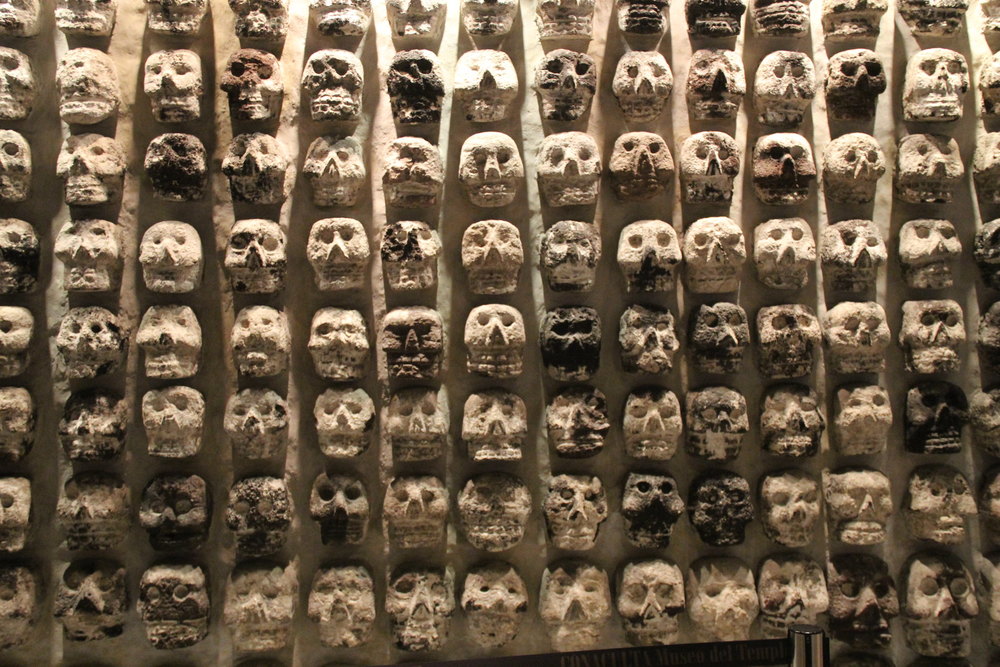
Speaking of the ancient Aztecs...as the legend goes, they had specific instructions from a higher power to build a city where an eagle stands upon a cactus, with a snake in its mouth.*
They did! But It wasn’t until 1978 that this ancient city (called Tenochtitlan) was rediscovered. Mexico City was literally built on top of it after the Spaniards arrived and destroyed it.
Today, Templo Mayor (roughly translated as the high temple) is a stunning archeological site and museum, which visitors can explore for just 70 pesos, or less than four dollars.
In our opinion, this is among the best things to do in Mexico City. It majestically captures the ancient world of the Aztecs, who, once saw the land as holy ground.
*Sound familiar? Today, this is Mexico’s coat of arms.
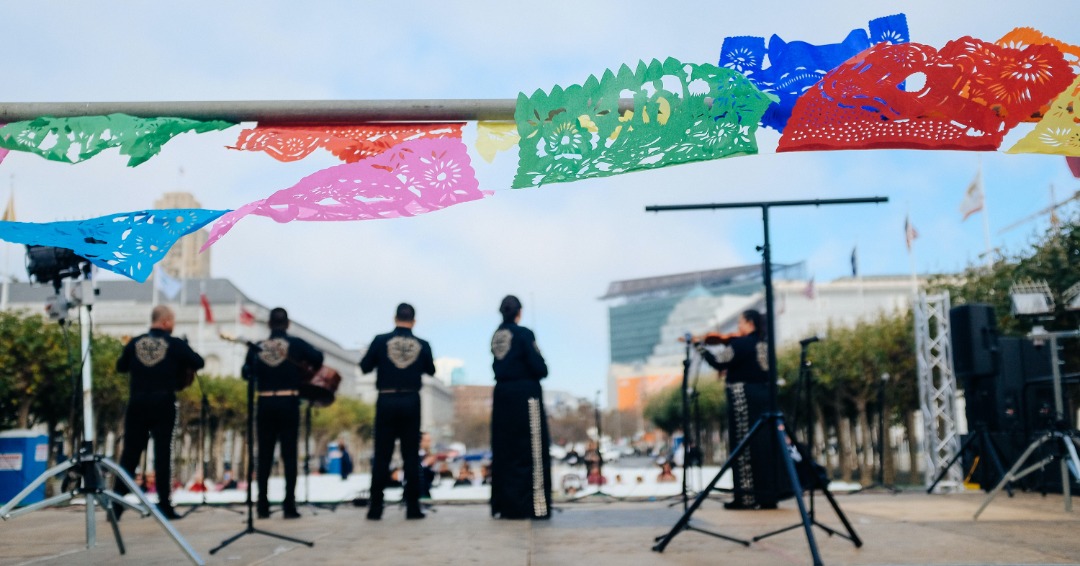
Locals tell us that Plaza Garibaldi is one of the best places in the city to hear some classic mariachi music!
A short walk north from the Palacio de Bellas Artes, Plaza Garibaldi is surrounded by tons of restaurants, bars, and museums (making for a happening part of town).
However, locals note that (while Mexico City is safe on the whole) this part of town can get dodgy at night.
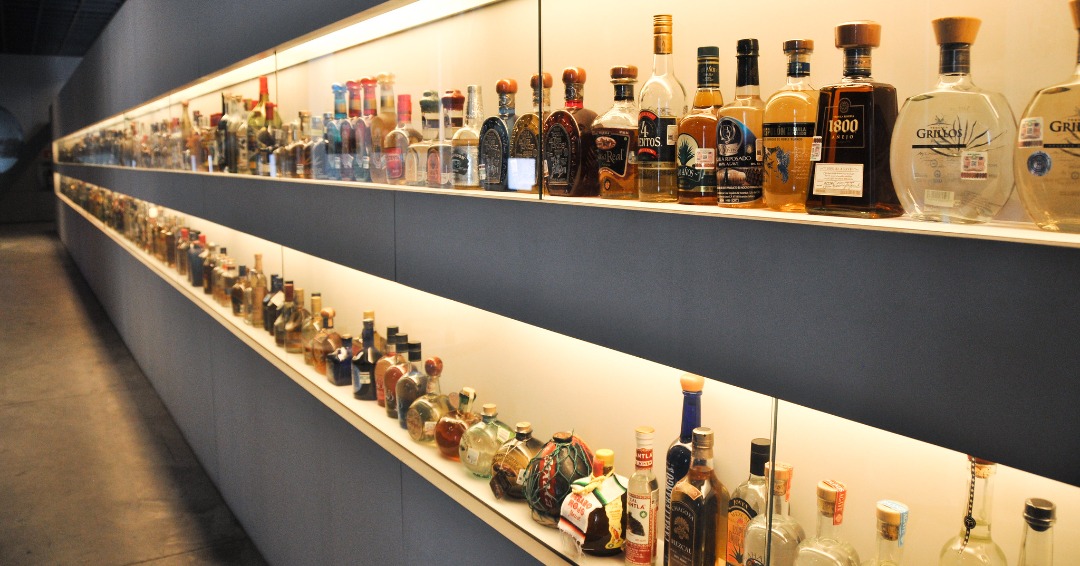
Locals highly recommend a stop-in at the Museo del Tequila y el Mezcal. They suggest taking the museum tour (it includes samples!) to give yourself an immersive education on the history and production of tequila and mezcal, two of Mexico's favorite spirits.
The tour ends on the museum’s rooftop, which affords a gorgeous look at Plaza Garibaldi below and a chance to enjoy mariachi music from afar.
Local tip: Although caution should be exercised in Plaza Garibaldi at night, the museum is open late, until 10 PM or midnight depending on the day.
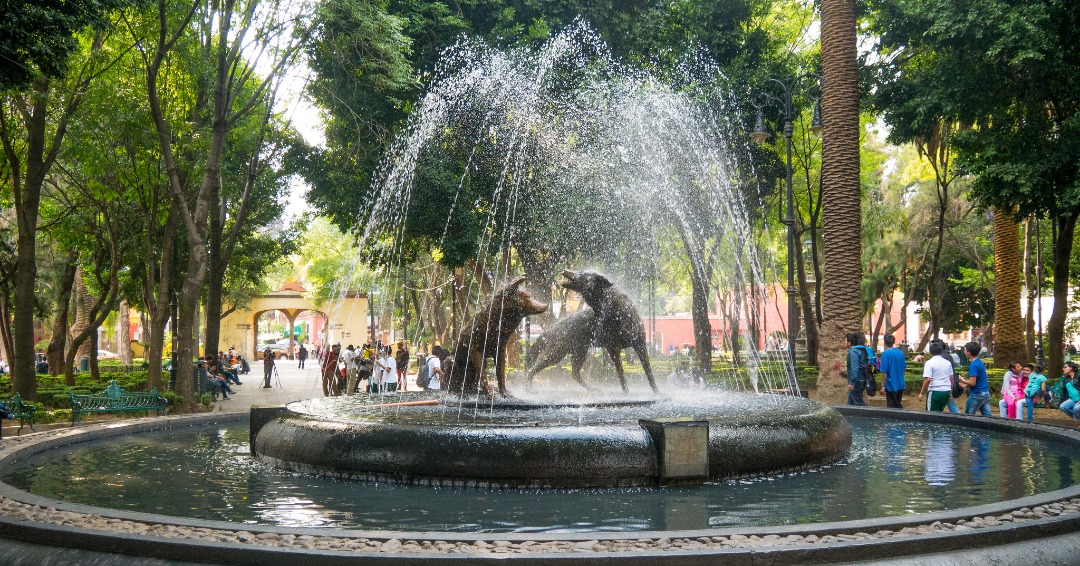
Although Coyoacan is a quieter Mexico City neighborhood, that doesn't mean that it lacks exciting activities. Far from it! Definitely check out the stunning Museo Frida Kahlo — one of the area's main draws — but stick around to explore the rest of this gorgeous part of town.
Locals recommend checking out the iconic Vivero Coyoacan (one of Mexico’s national parks) and sampling street food at the Mercado de Coyoacan (a classic Mexico City market—locals say you *must* try the tostadas).
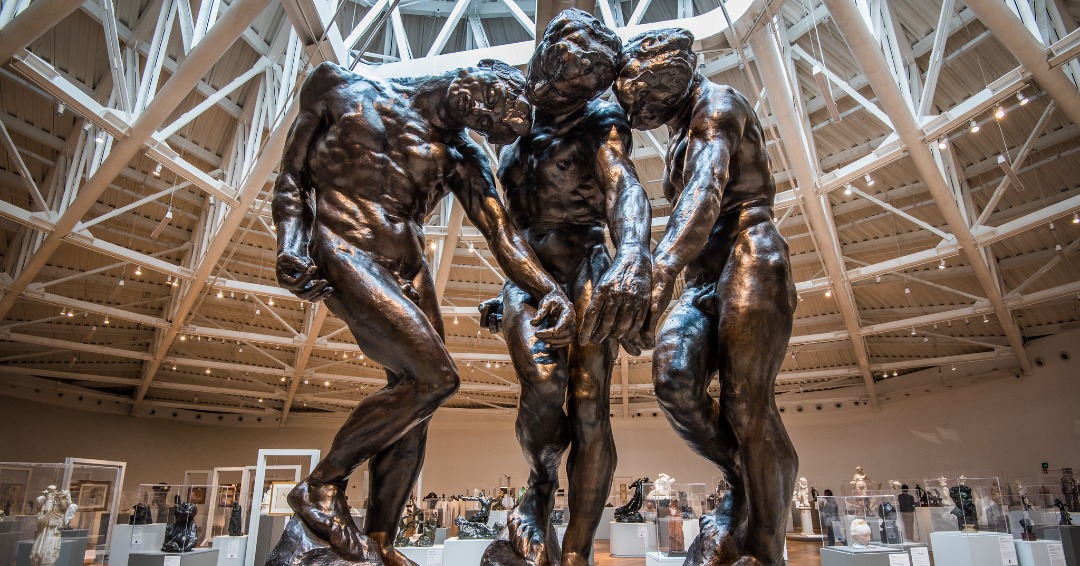
There are so, so, so many incredible museums in Mexico City. But Museo Soumaya is one of the city's best — and it's free to visit.
Nestled in Mexico City's Polanco neighborhood, Museo Soumaya's bright silver scales and unusual shape make it hard to ignore. But the interior of the museum is just as incredible. It includes 60,000+ pieces of art, including a huge collection of Rodin sculptures, as well as a ton of art by Mexican artists like Diego Rivera.
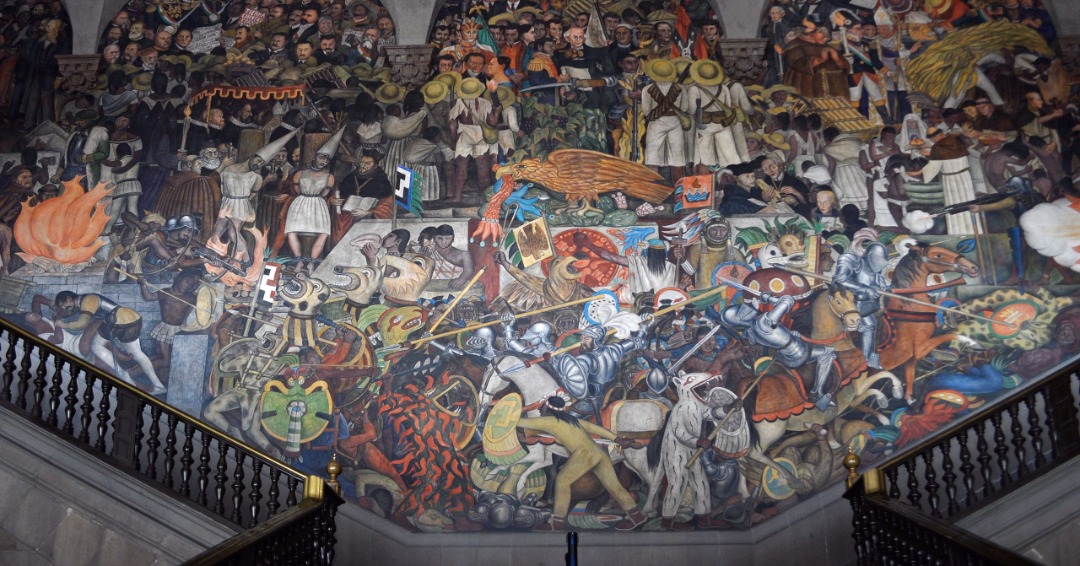
The Palacio Nacional, where the president works, is more than a stunning piece of architecture located along the Zocalo.
Free to enter, visitors can explore its museums, beautiful courtyards, and rooms filled with period furniture. Locals say to definitely check out the incredible, sprawling Diego Rivera murals on the second floor.
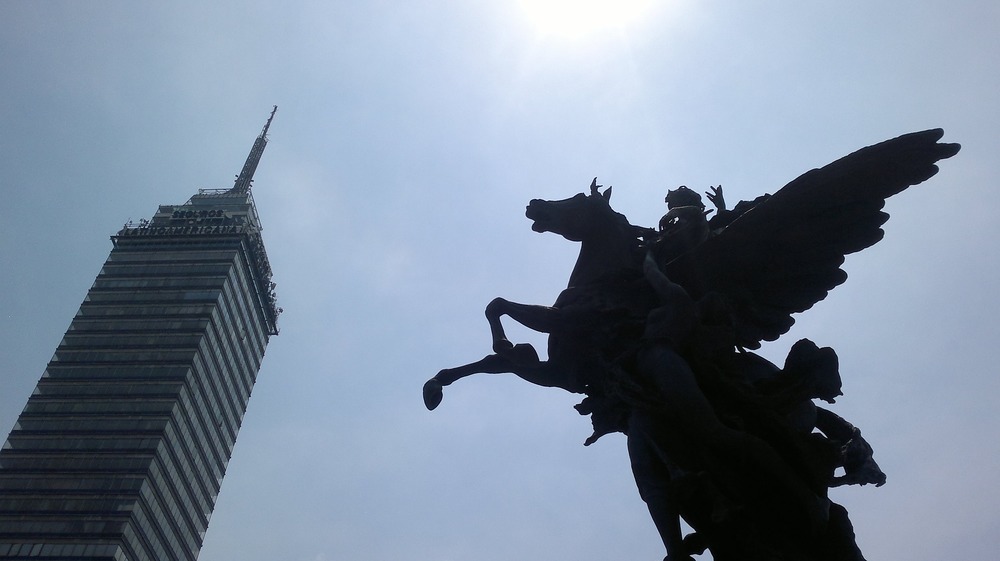
One of the cool things about Mexico City is that it’s such a combination of old and new. Torre Latinoamericana is an example of this contrast—a skyscraper next to ancient ruins.
Once the tallest building in Latin America, it’s still the tallest building in Centro Historico. Climb to the observation deck for a truly jaw-dropping look at Mexico City from above.
Local tip: If you're looking for great Mexico City views, be sure to check out the Zocalo Central Hotel rooftop restaurant or the Terraza Catedral beer garden.
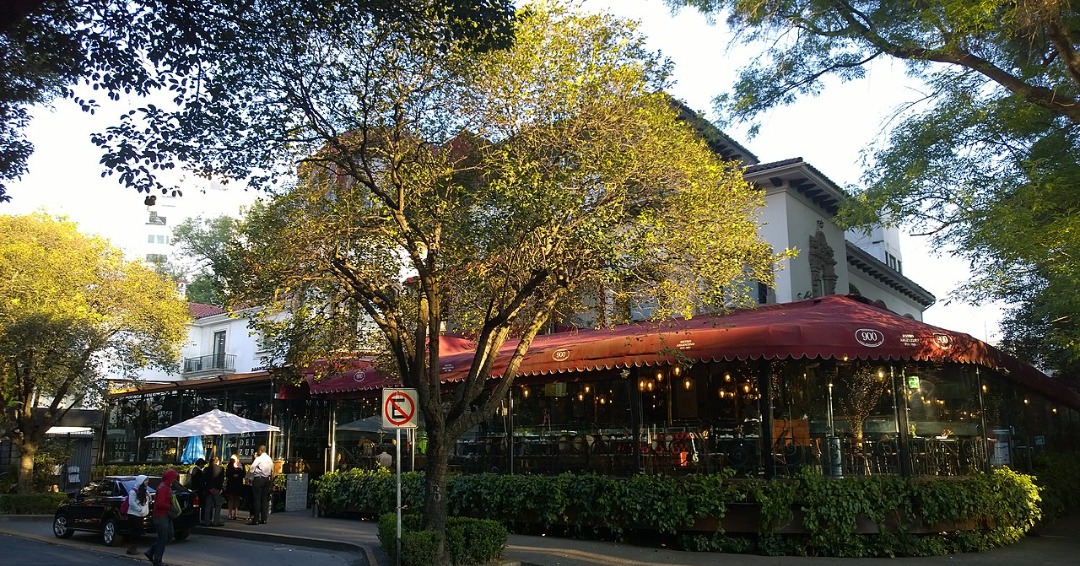
Wondering where to eat in Mexico City? You can’t really go wrong with… anywhere. But that being said, locals say that Polanco is a great place to start.
Some of the world’s best restaurants are nestled in this neighborhood. And Polanco is more than just food: visitors will find tons of great markets, shopping, and parks—even a park named for Abraham Lincoln!
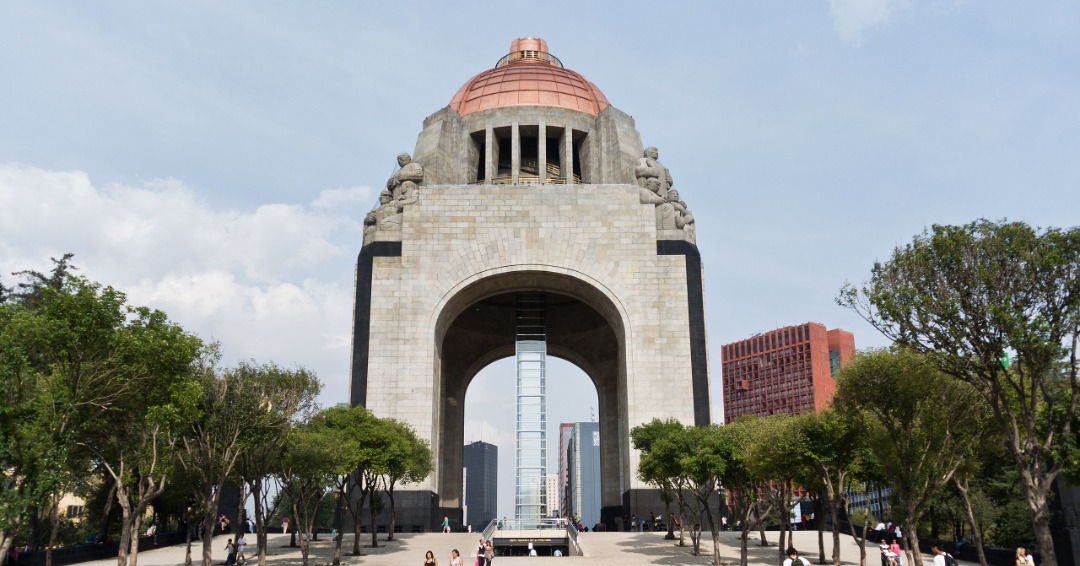
The Monumento de la Revolucíon looks like the Arc de Triomphe—but bigger.
The monument, which commemorates the revolution that liberated Mexico from Spain, is more than what meets the eye. Locals suggest checking out the National Museum of the Revolution, riding a glass elevator to the top to take in sweeping views, or descending to the crypts to pay respects to Mexico’s revolutionary heroes.
Local tip: Adjacent to the San Rafael neighborhood, this is a great spot for a sunset photo.
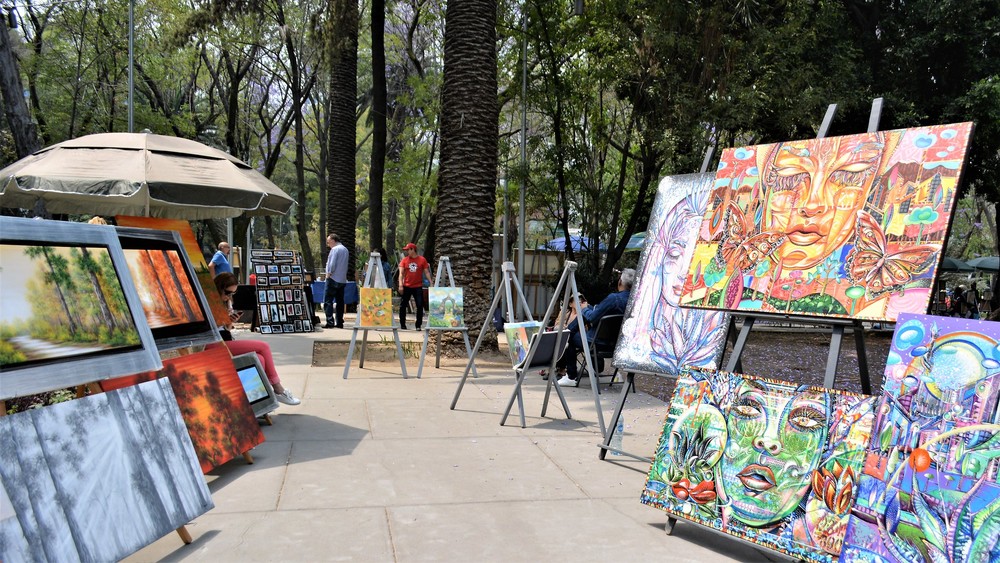
Like the nearby Juarez neighborhood, San Rafael has seen better days. But it’s in the midst of a grand revival and is perfect for those who want to explore non-touristy areas of Mexico City.
Less crowded than Roma and Condesa, locals tell us there are still tons of great bars, restaurants, and art galleries to check out here. Although it’s a bit off-the-beaten-path, San Rafael is still safe to visit — just exercise normal caution like you would elsewhere in the city.
Local tip: Be sure to pick up some comida corrida (basically Mexican tapas) in San Rafael’s wonderful neighborhood market, Mercado San Cosme.
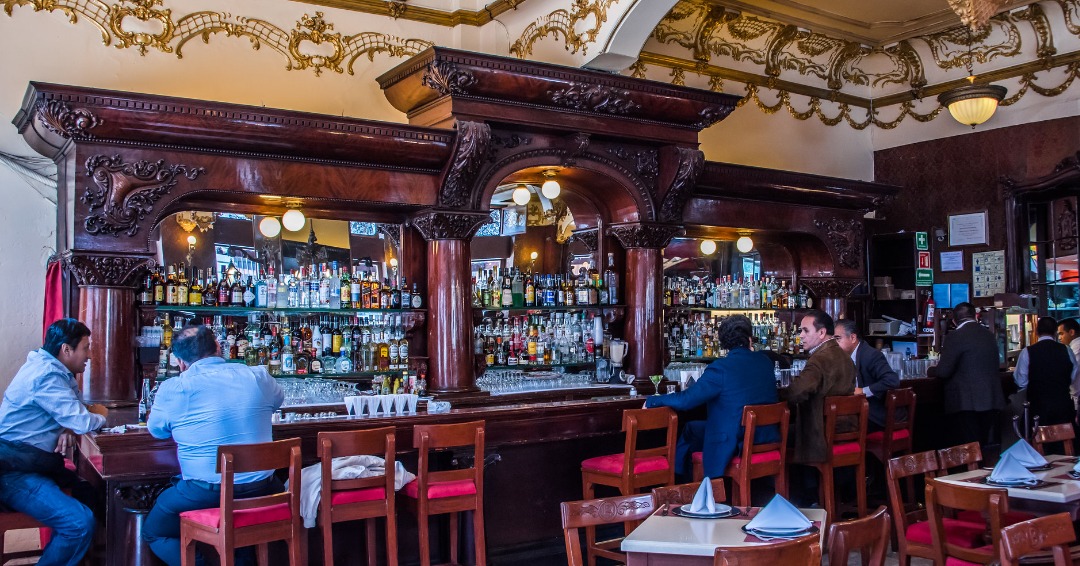
La Opera, which first opened in the 1870s, embraces an old-time class that's hard to find.
Locals suggest ordering a good tequila, and asking the bartender to point out where Mexican revolutionary Pancho Villa once shot a hole in the ceiling. Yeah — it's that kind of place.
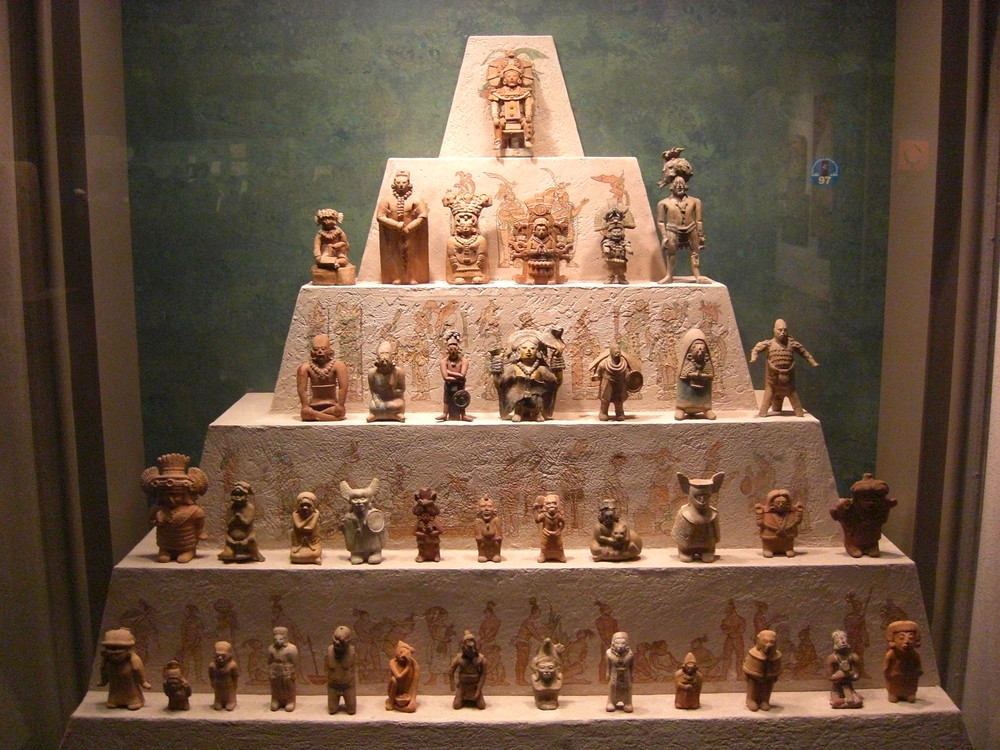
Among all of Mexico City’s spectacular museums, the Museo de Antropologia is the shining star. Locals say that visitors could easily spend an entire day exploring Mexico’s largest and most visited museum.
With 22 rooms covering Mexico’s pre-Hispanic past, there’s a ton to take in. Literally— there are millions of archeological pieces to check out. Plus, the museum’s beautiful architecture is a reason in itself to stop by.
How should we contact you?
Call
Thank you! We'll get back to you as soon as possible!
Click to register and track your question!
If you would like to follow up with us:
+1 (855) 782-3006